When I was little, I found it so strange.
Why do adults always keep drinking more and more, no matter how drunk they get? And not only that, but then the next day they always look like they’re suffering terribly in their hungover state. What on earth is it that makes them turn to alcohol?
My father is someone who rarely drinks. Before, he would sometimes drink when he was out with someone or when he had visitors over. But unfortunately, because he was not accustomed to drinking and because he had this surplus of pointless energy thanks to all the strength training he did, he would be throwing back shots of whisky like it was water.
Usually, by midnight, he would have fallen into a state of total blackout.
If only he would have just obediently gone to bed. But then he would start complaining how he felt sick, so he’d open the bedroom window. The instant he did, however, he threw up all over the roof of our house.
Another time—whether he was sleepwalking or just drunk, I do not know—he suddenly got up and urinated in the corner of our bedroom. Early the next morning, looking all sheepish, he said, “Don’t tell your mother,” as he handed the middle schooler me some pocket money to clean up his mess.
I thought to myself, “I hope I don’t turn out like this guy when I grow up.” There is, however, a case to be made for me having turned out even worse than “this guy.” Whether that is because of nature or nurture, who is to say? To be fair, I suppose in this case it hardly makes a difference.
There was a time when I was buying new glasses every month, and my smartphone would always be the latest model. It’s not that I’m particular about either thing—it’s just that I would wake up in the morning, and it would be gone. One time I lost my bag, but for some reason still had in my possession all of its contents.
Once, I sat on a train totally unconscious for the entire distance between Chiba Station and Zushi Station, Kanagawa Prefecture. Another time I was drinking in Ikebukuro when, to my utter amazement, I’d somehow ended up in the complete opposite direction from my home, at the foot of Mt. Takao.
In the past, my one emotional support pillar had been the thought how throughout my drunken escapades I had never inconvenienced others in any discernible way. But then as I got into my thirties, I instinctively began to feel a sense of impending crisis. At this rate, I was going to end up doing something reckless—and not just in the corner of my bedroom, but out in some public space.
Ever since then, whenever I was reading books, I always found myself inexplicably drawn to the drunken exploits of all the greats of the past. Politicians, athletes, actors, business owners… This lesser-known side to the lives of these individuals became a source of tremendous encouragement for me.
I became convinced that our modern society lacks tolerance, and that the actions of these people—unconventional as they were—had shaped the very history of Japan.
However, if you really think about it—no, even if you think about it just a little bit—while these were all prestigious people, the whole country was nevertheless in uproar over their actions. It is obvious, then, that if an ordinary person were to perpetrate drunken screw-ups on a similar scale, they’d be seen as nothing more than a plain nuisance; a downright moron.
I’m not sure if me coming to this realization is what did it, but in any case, I suddenly started drinking less (even if it’s “less” only compared to before). Although, looking back now, I also kind of feel like it only happened because I was so busy writing this manuscript…
But in addition, as I kept researching the behavior of these renowned people, perhaps a part of me began to think, “Man, I can’t just keep drinking all the time.” In that sense, even if you’re not a drinker yourself, if you recommend this book to that friend or family member of yours who’s always busy drinking themselves silly, it might work on them as a kind of cure to make them drink a bit less, too.
With that said, my intention with this book isn’t to tell you not to drink. Of course, it is also not a recommendation for you to disregard all the risks and drink like a fish just because these eminent figures liked to drink, too.
The persons discussed in this book, despite their repeated failures with alcohol, still made some truly remarkable achievements. As discussed before, while one could argue how “the times were different” for these characters, the fact is that their behavior was certainly seen as questionable even back in their day.
While we all have our faults and though we all make mistakes, anyone can always start anew. All it takes is a positive attitude on their part, and for the people around them to have just a tiny bit of tolerance in their hearts. While there may be differing opinions as to the choice of using alcohol as my central theme, the fundamental heart of this book lies in that core message.
Lastly, I would like to thank Koyanagi Manabu, the representative of Sayusha, and Wakiyama Taeko, the editor in charge, for their significant support in publishing this book. Even when my manuscript was progressing at a painfully slow pace and publication was repeatedly delayed due to my own selfishness, these two were always there to offer me their reassuring advice.
Furthermore, while I cannot possibly list the names of everyone, I also want to extend my gratitude to all those with whom I have shared drinks over the years, and to all the honorable individuals who have warmly watched over me becoming visibly more and more wrecked as the nights have stretched ever longer.
BONUS
Unused images of featured drinkers
(See filenames for people names)
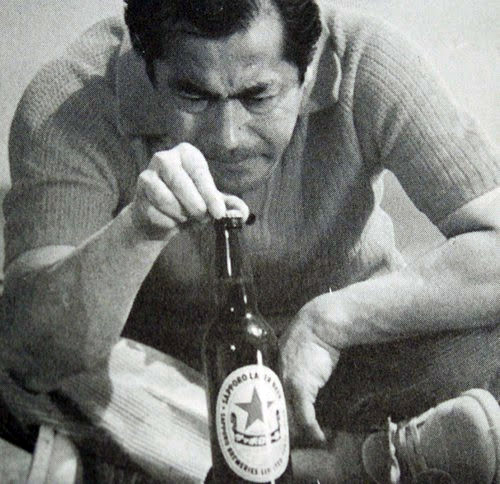
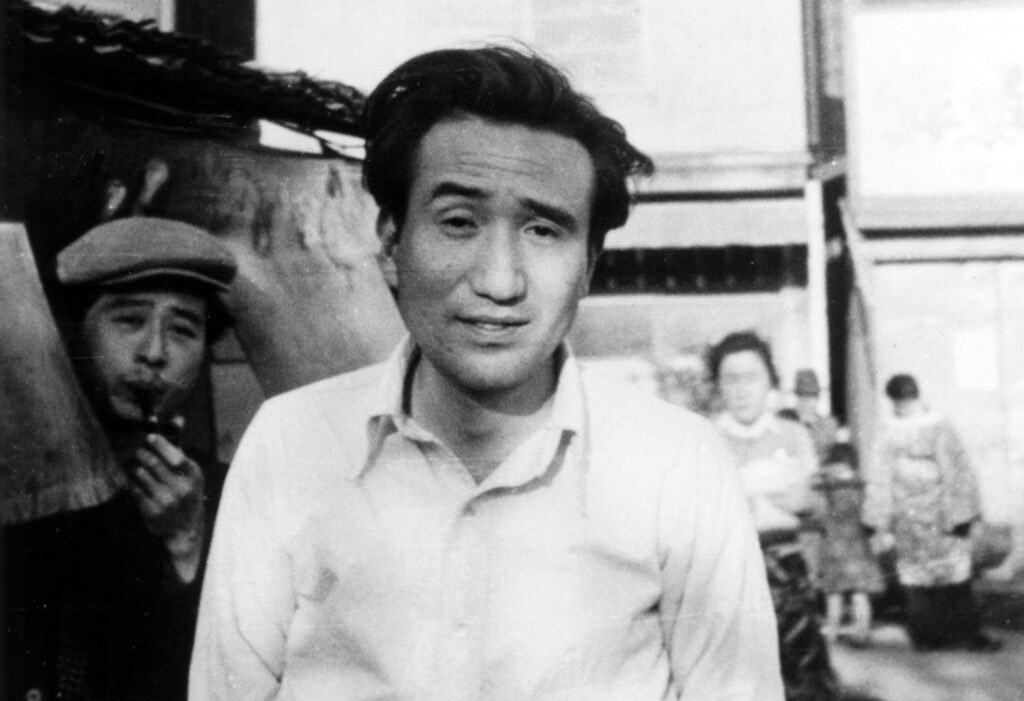
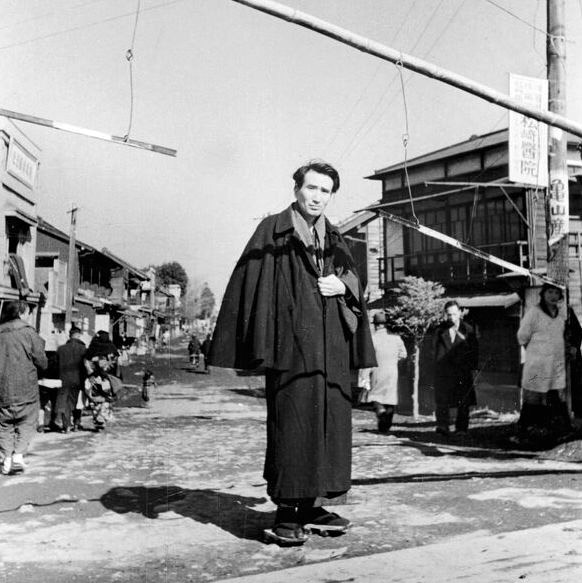
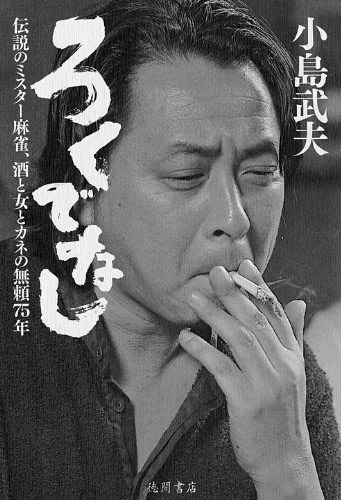
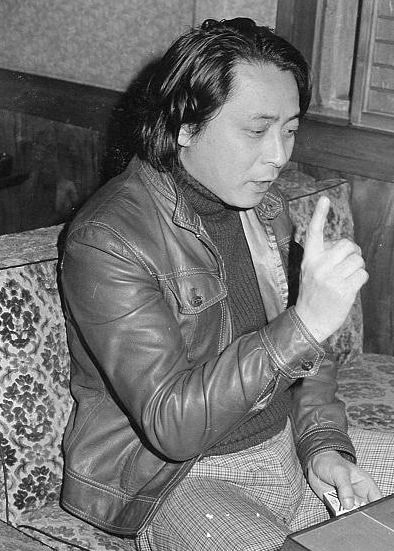
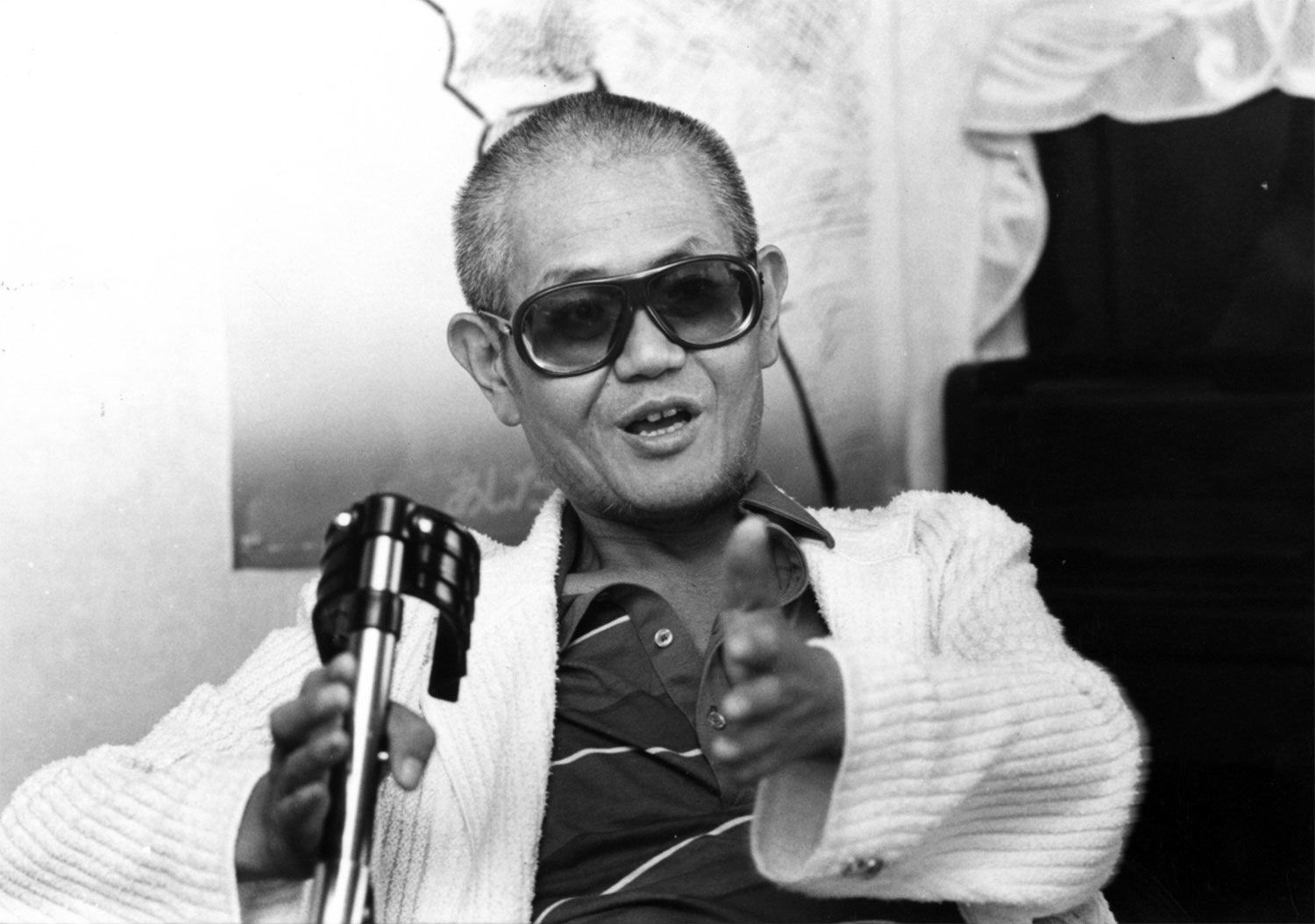
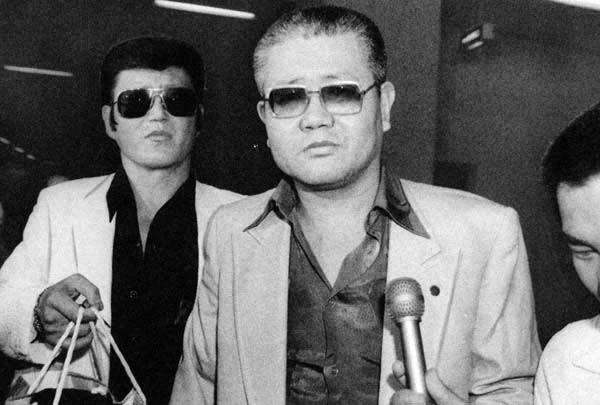
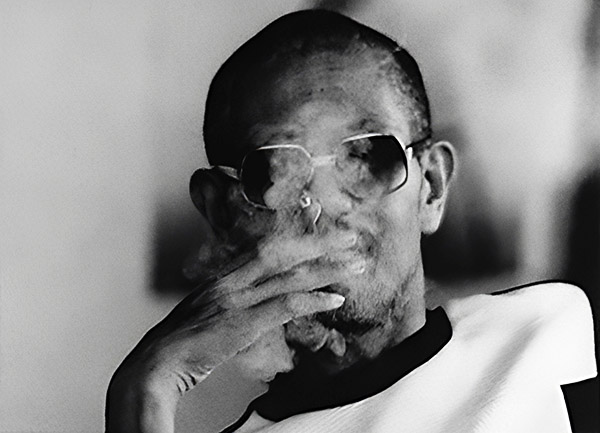
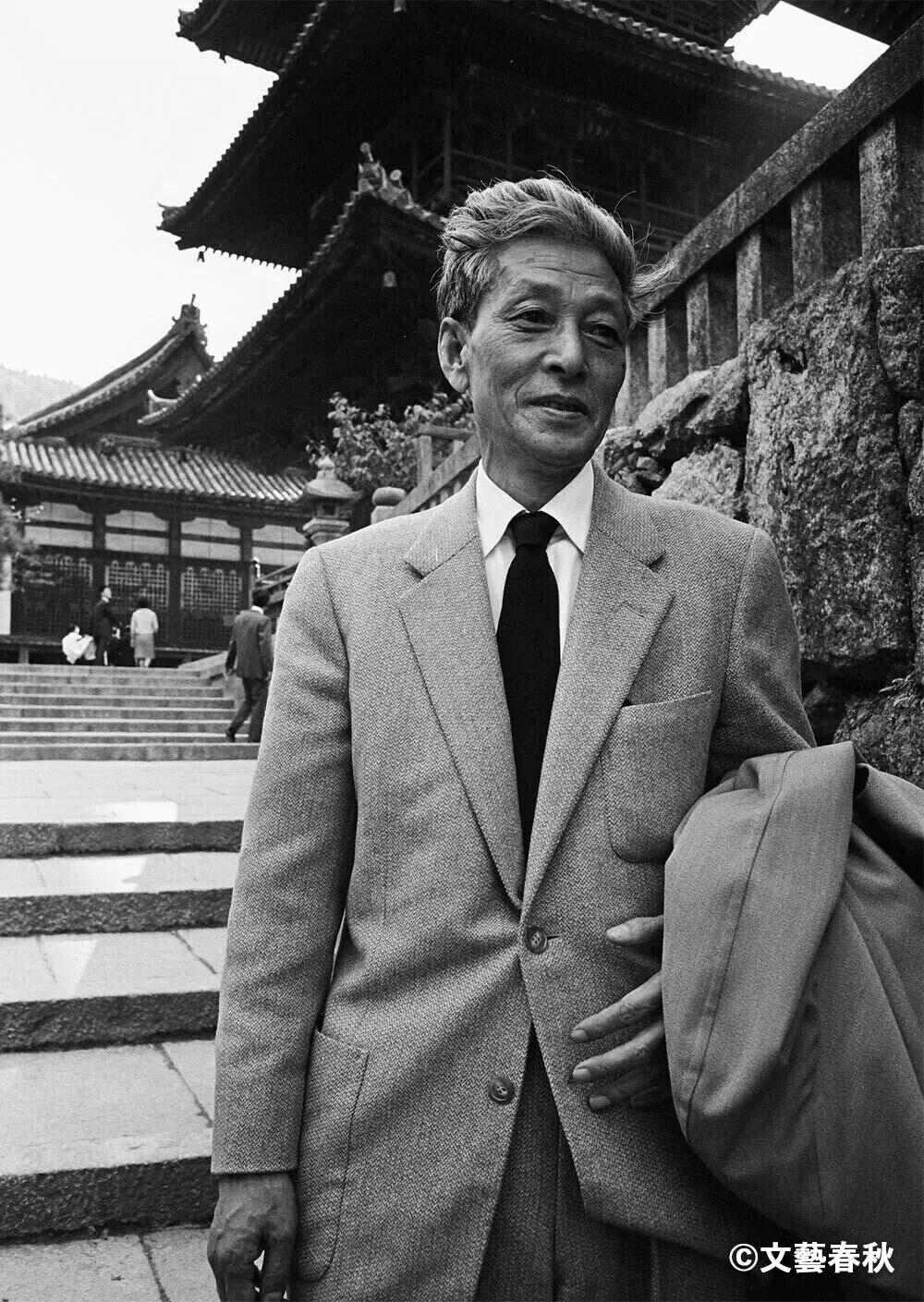
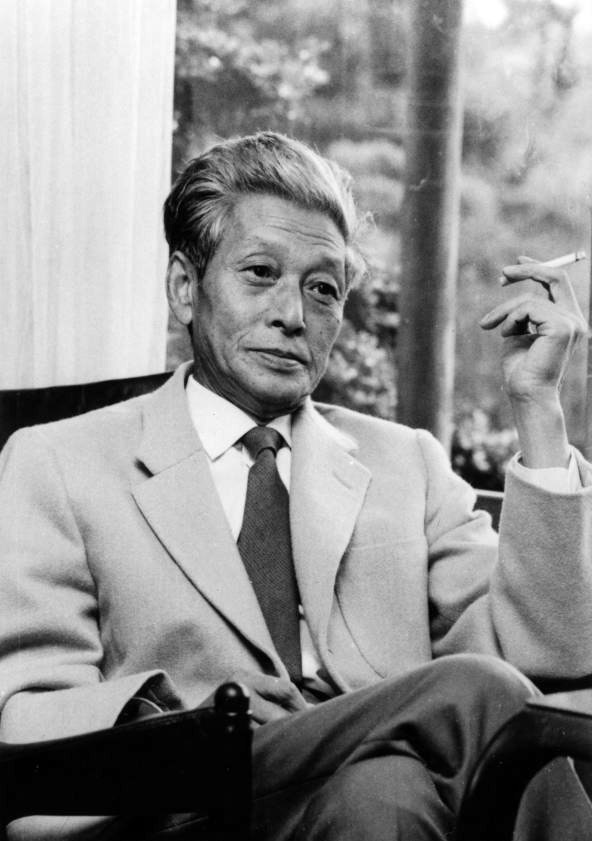
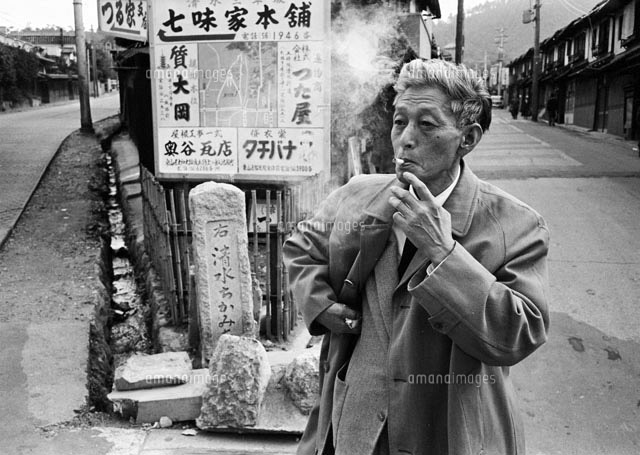
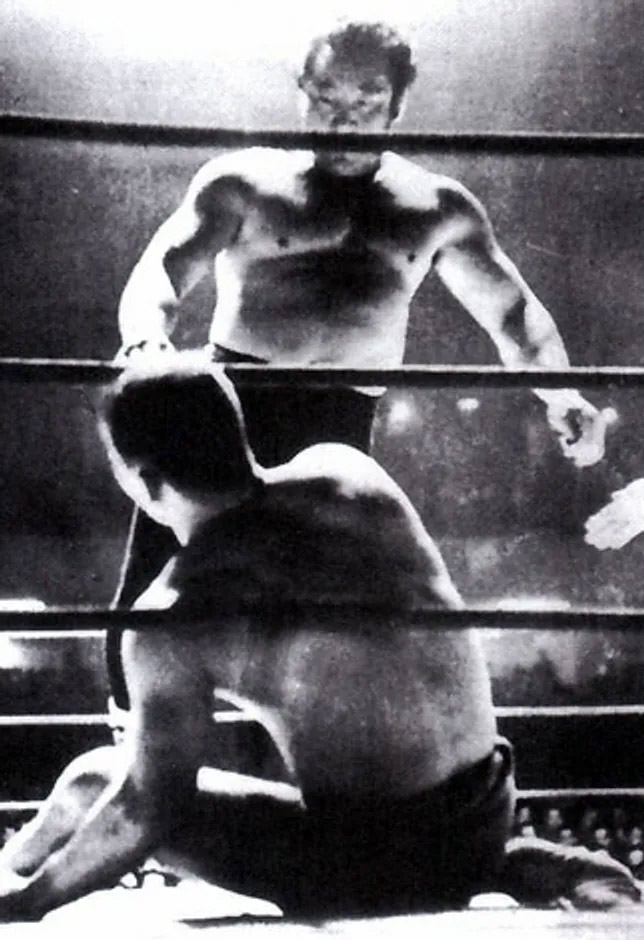
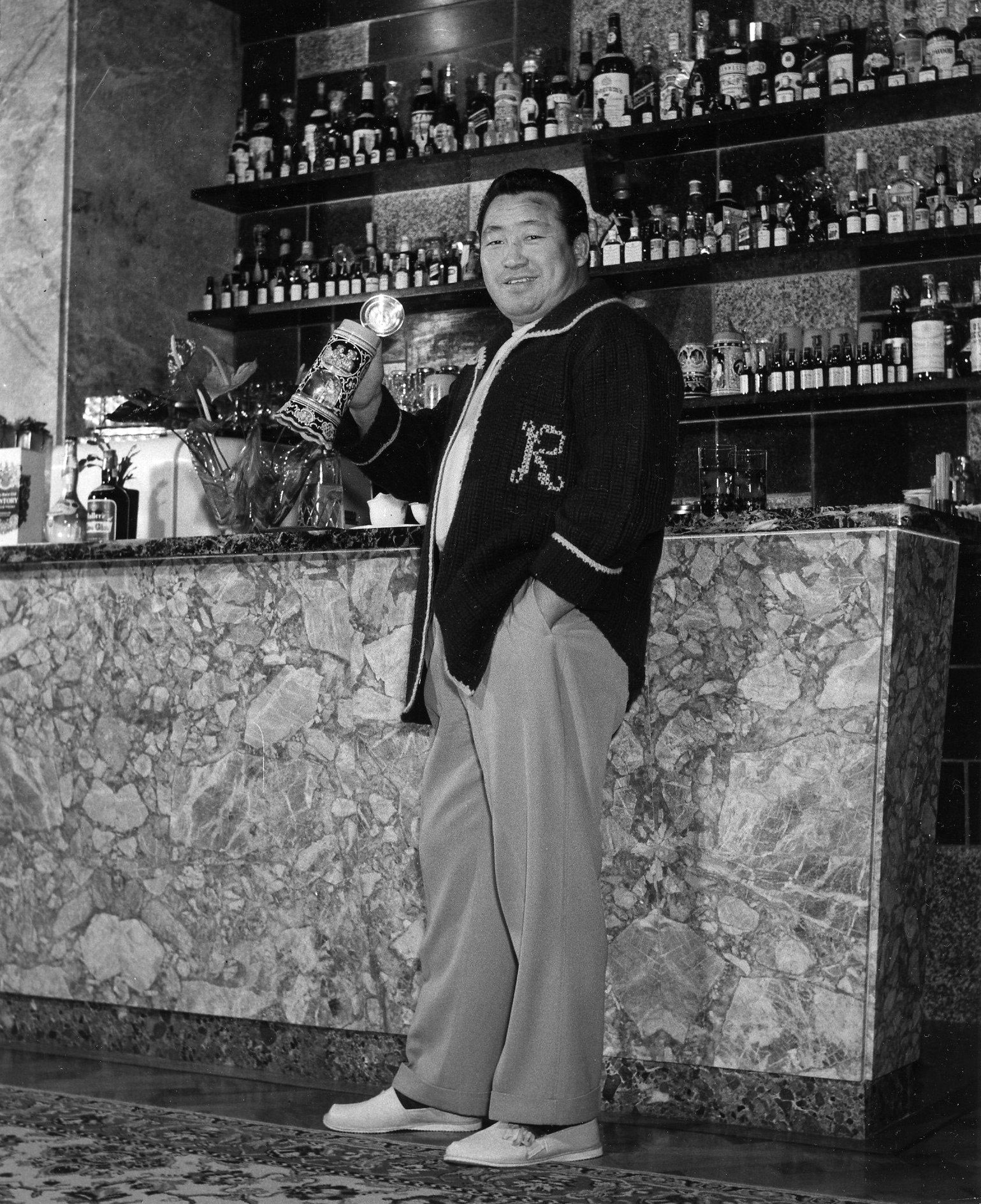
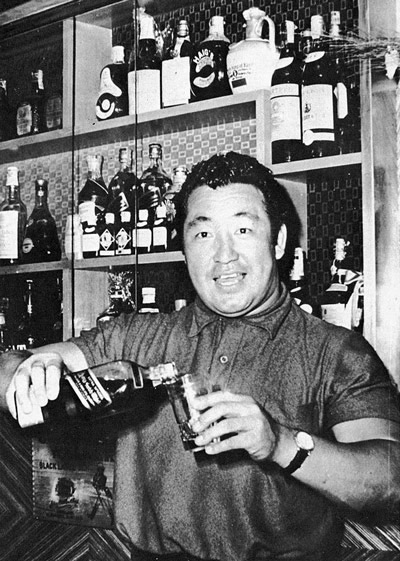
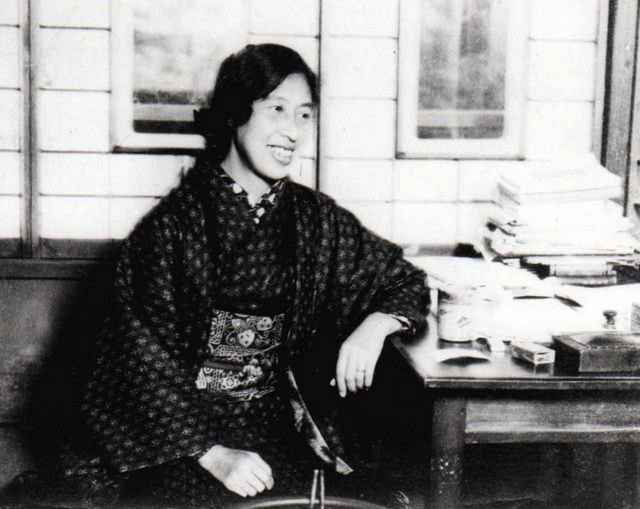
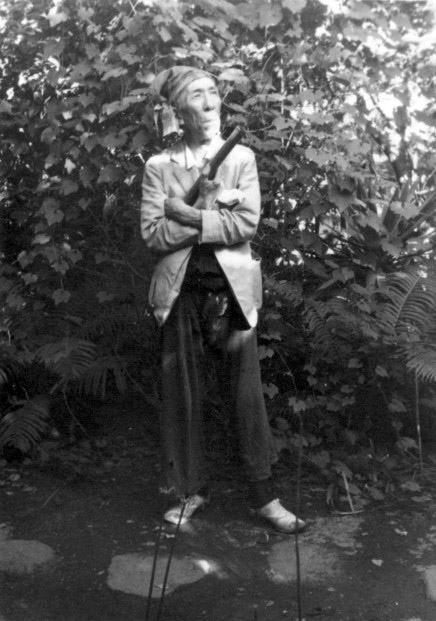
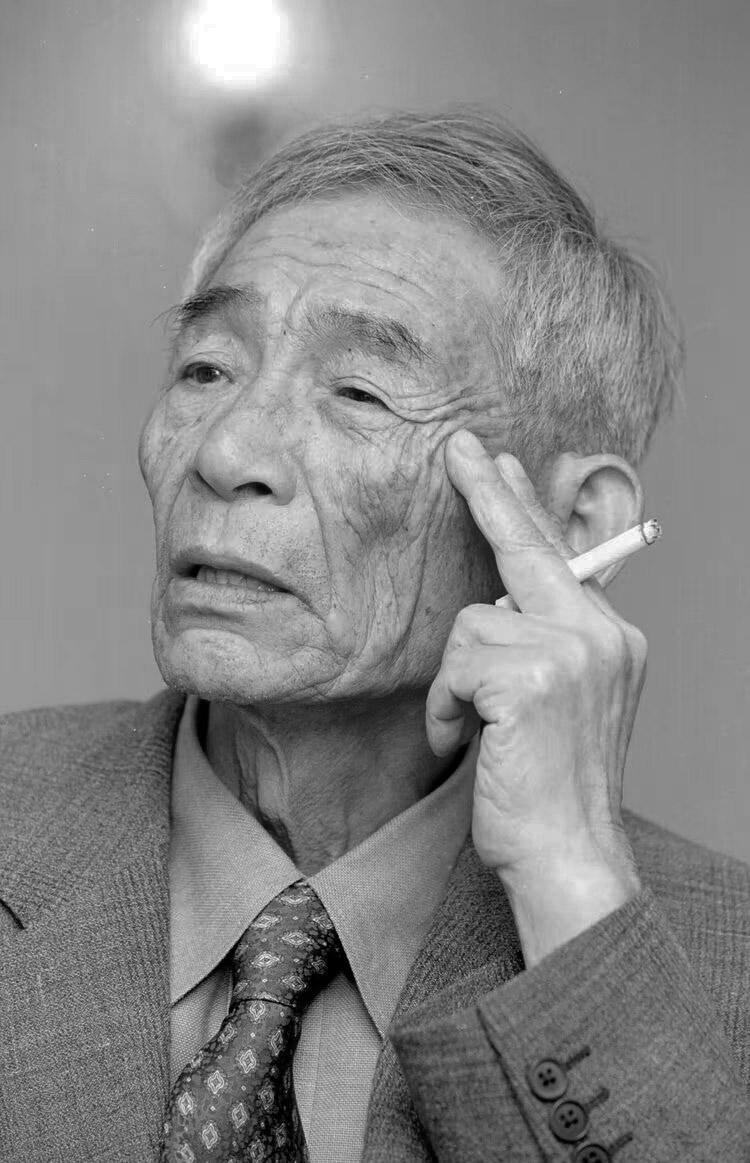
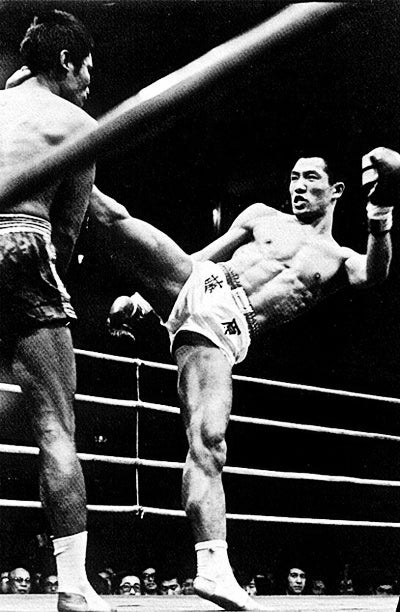

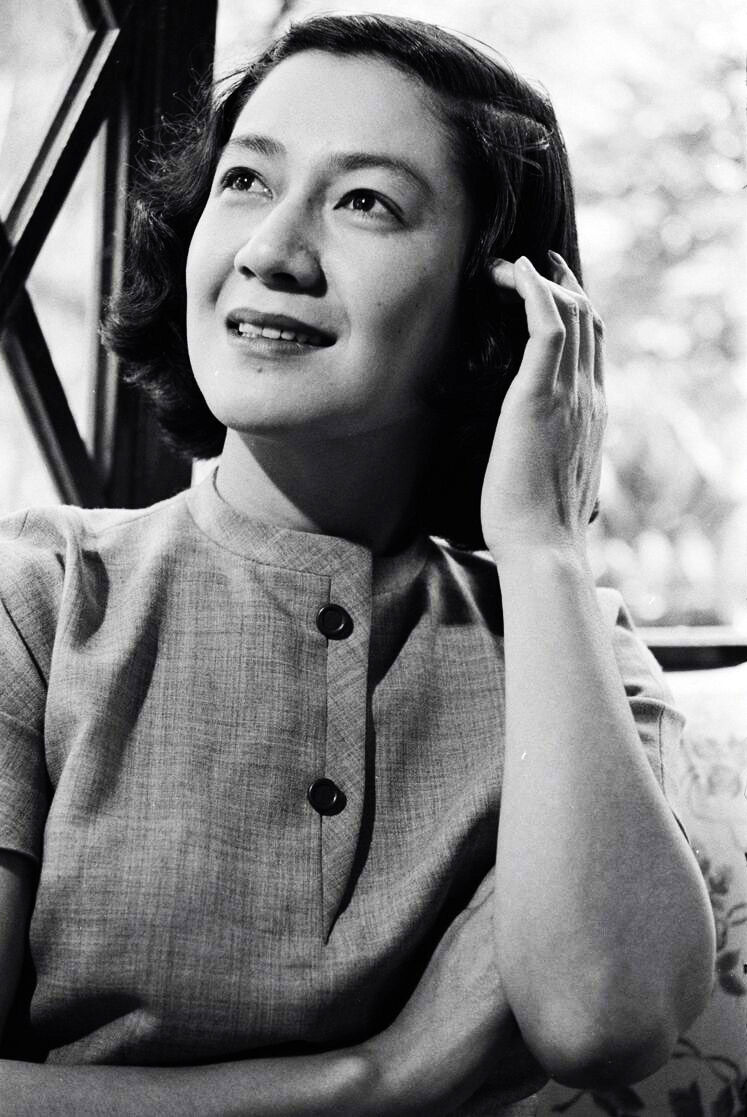
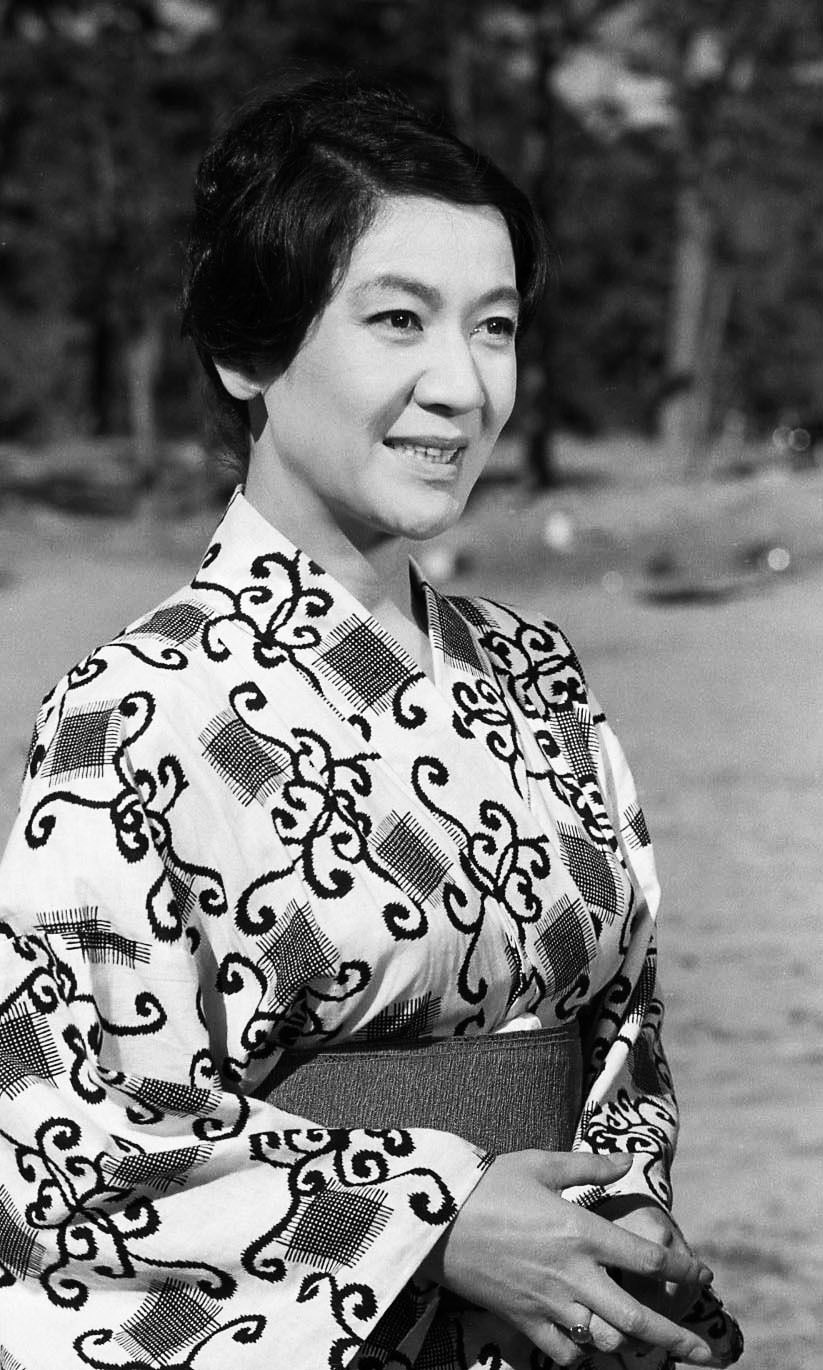
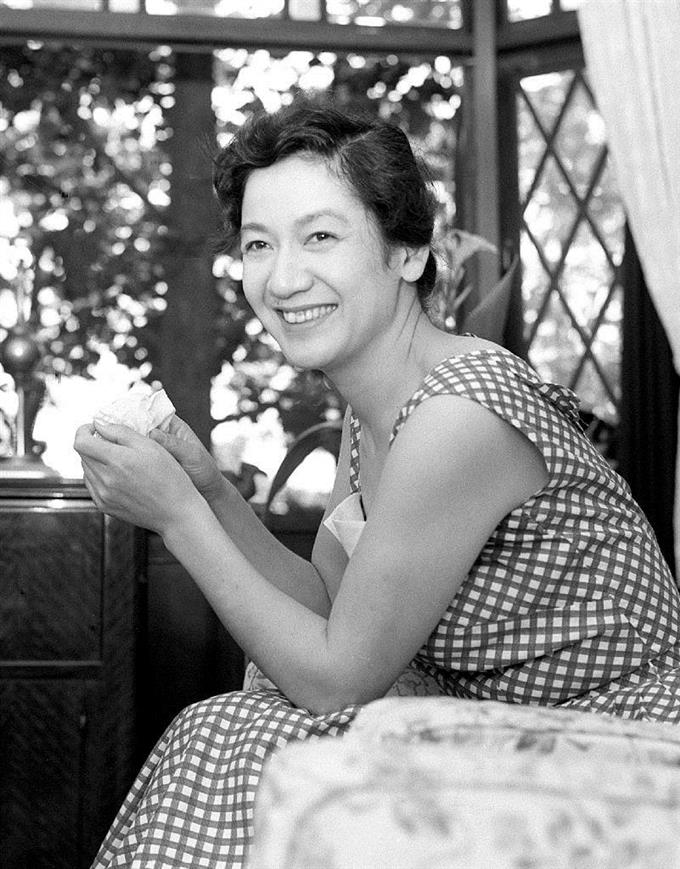
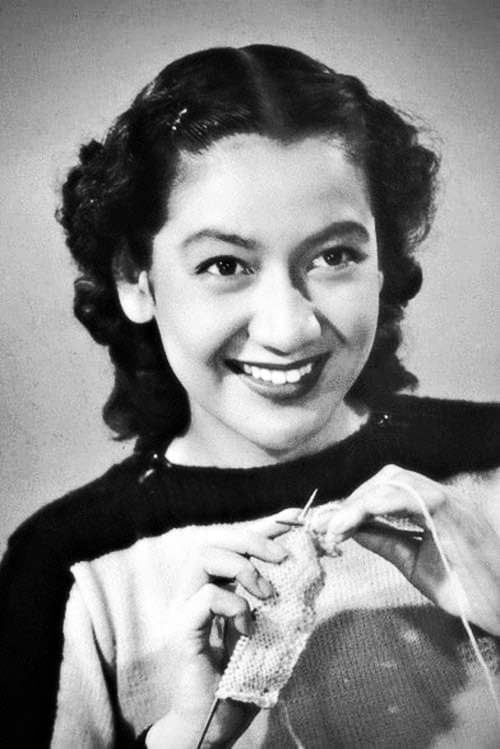
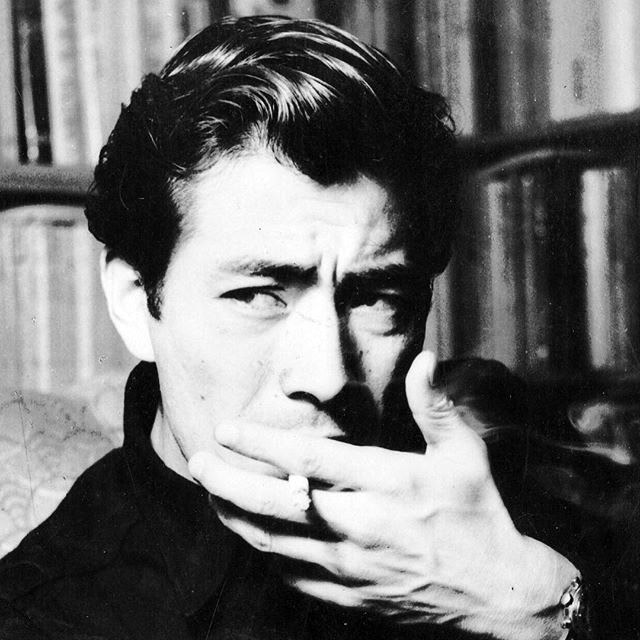

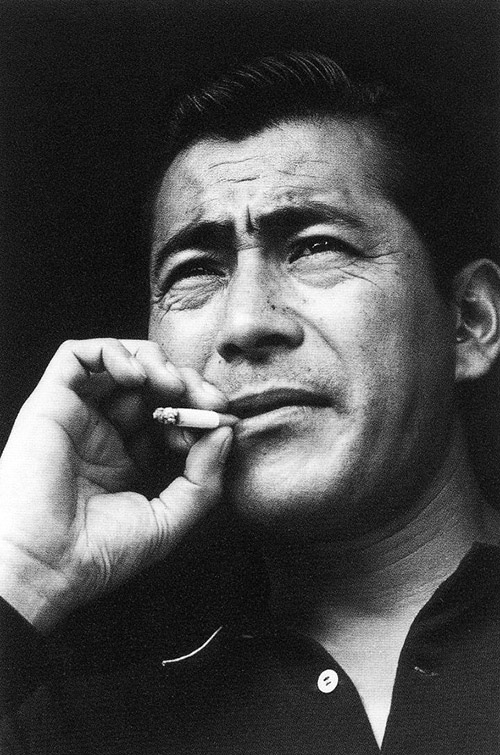

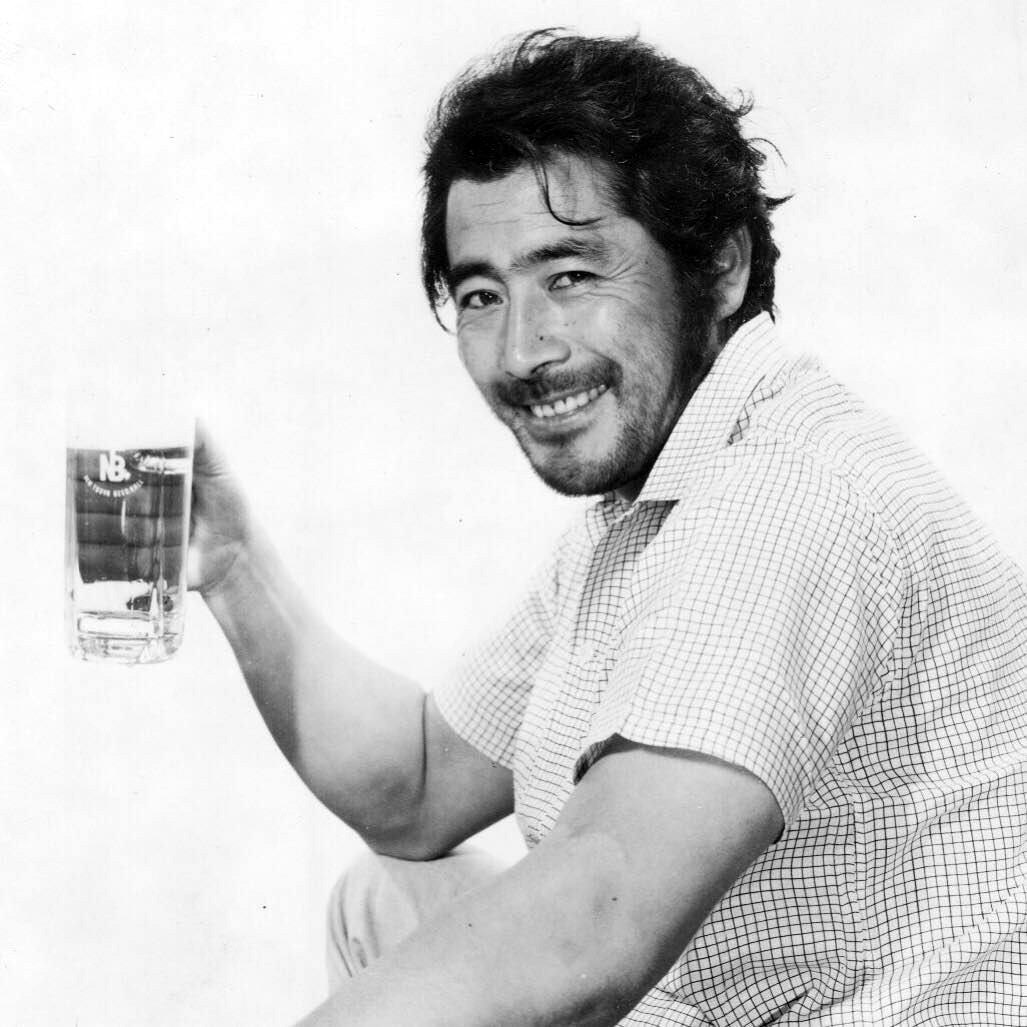
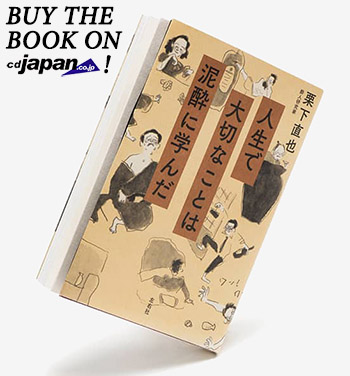

Thank you for reading “Learning by Drinking.” It was a hell of a ride. Cheers. 🍻
PS. Just for fun, here are all the various synonyms (and quasi-synonyms) of the word “drunk” that I used throughout this book.
befuddled
besotted
black-out drunk
bladdered
blasted
blind drunk
blitzed
blotto
boiled as an owl
bombed out of his mind
boozed-up
buzzed
clobbered
crocked
dead drunk
deep in his cups
drink himself silly
drink himself to oblivion
drunk as a skunk
drunk off his ass
drunk off his face
drunken stupor
faded
fucked-up
get his drink on
go on the piss
gone
hammered
hooched-up
inebriated
intoxicated
legless
liquor-soaked
liquored-up
loaded
obliterated
out-of-his-mind drunk
pickled
pie-eyed
pished
piss-drunk
plastered
plotzed
polluted
rip-roaring drunk
sauced
schnockered
seeing double
shitfaced
slobberknockered
sloshed
smashed
soused
sozzled
stewed
swacked
tanked
three sheets to the wind
tipsy
tits-up
trolleyed
under the influence
under the table
wasted
woozy
wrecked
zonked
Thanks Henkka.
Legal and widely available, it’s said alcohol is often used to quell anxiety. However having been around alcoholics, its charms are lost on me. But it was interesting reading a bit about both Mifune Toshiro and Hara Setsuke. It’s tough to be introverted in a business that demands one be “out there” all the time.
Hi Rebecca,
While I myself admittedly enjoy and consume too much alcohol for my own good, I recognize that it is definitely not for everyone. I’m sure your life is no lesser without it. Still, it is fascinating to read about the people in this book who, despite being wildly different from one another, all had this one thing in common.